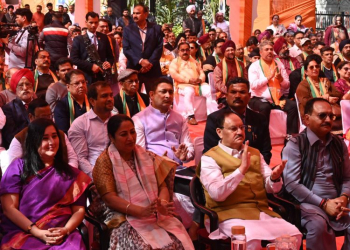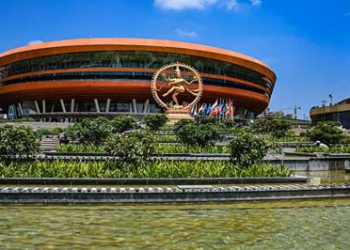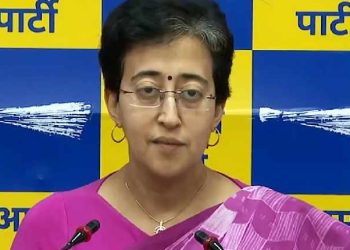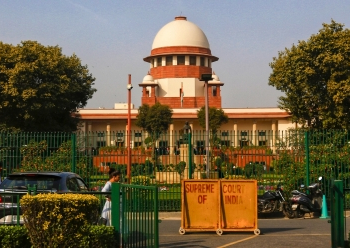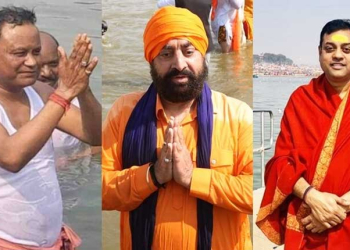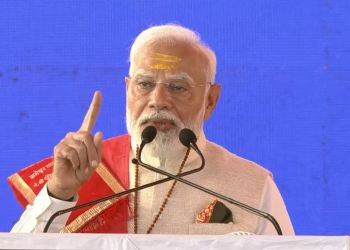New Delhi: The Delhi High Court on Tuesday granted bail to S. Eswara Reddy, L Praveen Kumar and Dinesh Dua, accused in a bribery case registered by CBI in relation to the waving of the Phase-3 trial of “Insulin Aspart Injection”, produced by Biocon Biologics.
On June 21, the CBI had arrested Praveen Kumar, the Associate Vice-President and Head of National Regulatory Affairs of Biocon Biologics along with two others for allegedly demanding bribes to waive the Phase-3 trial of “Insulin Aspart Injection”.
E. Eswara Reddy, the Joint Drug Controller at the Central Drugs Standard Control Organisation (CDSCO)’s headquarters in the national capital, and Dinesh Dua, the Director of Delhi-based Synergy Network India Private Ltd, were also arrested.
According to CBI, Reddy in alleged criminal conspiracy with co-accused persons and other unknown officers of CDSCO, had manipulated minutes of meeting of Subject Expert Committee of May 18 and further included the file of Biocon Biologics Limited in SEC meeting on June 15 which resulted in wrongful gain to Biocon.
CBI said, as per sources, Kumar had agreed to pay an undue pecuniary advantage of Rs 9,00,000 as reward to Reddy for processing his file favourably and that the source further revealed that Guljit Sethi directed Dinesh Dua to pay a part of the agreed amount to Reddy at his residence on June 20.
The applicants, submitted that they have been falsely implicated in the case.
Justice Anu Malhotra, in the order, noted that an aspect that cannot be overlooked is that the alleged recovery in the instant case is not pursuant to any usual trap proceedings and the consideration of credibility of circumstantial evidence would have to be assessed.
“Though the public health would undoubtedly amount to an issue in relation to the public emergency or the existence of a public safety interest, there is nothing presently placed on record to indicate the invocation of Section 5 (2) of the Indian Telegraph Act, 1885 by the CBI,” the order said.
However, the court also noted that the offences alleged to have been committed by the applicants are punishable with imprisonment to a maximum of seven years of imprisonment.
After considering various submissions, the judge in the 35-page order, observed that apparently the accused persons are not flight risks and allowed to be released on bail on a personal bond of Rs 1,00,000 each with two sureties of the like amount.
The court also directed them to be in touch with the probe agency by sharing live locations and asked not to leave the country.
(IANS)



